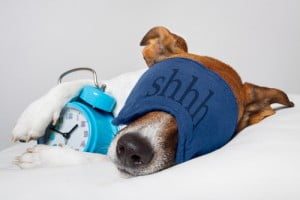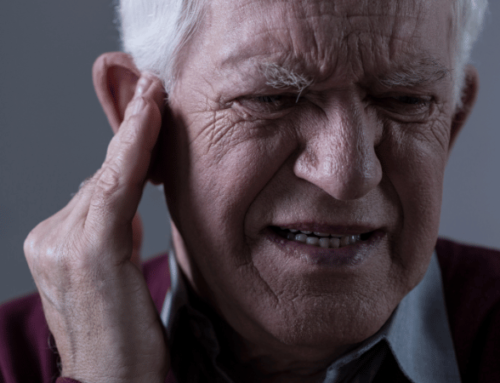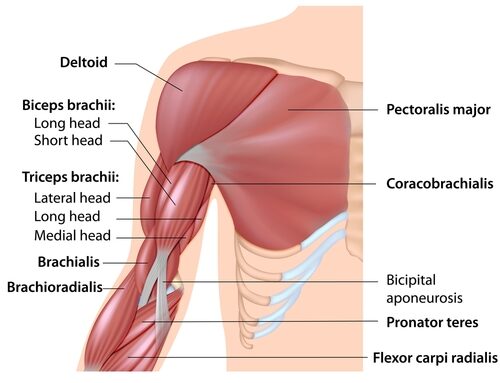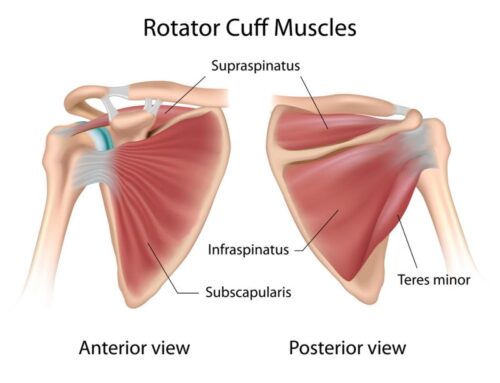21 Ways To Sleep Better Tonight

As you all may have figured out, I am an avid reader. My latest read is Sleep Smarter: 21 Proven Tips to Sleep Your Way To a Better Body, Better Health and Bigger Success by Shawn Stevenson. He teaches how to improve your sleep! I wanted to do a run down of the points here. It’s some really good stuff!
1. Know the Value of Sleep– It is proven that lack of sleep actually makes you dumber and slower.
2. Get more Sunlight during the day– The best sunlight is between 6-8:30am. This helps produce melatonin, the sleep hormone.
3. Avoid any screens before bed– Don’t look at your cell phones or computers for 90 minutes before bed. If you must, download an app designed to block the blue light. One is f.lux.
4. Have a caffeine curfew– If you want to be asleep by 10pm, avoid caffeine after 2pm.
5. Be Cool– Ideal sleeping temperature is 60-68 degrees.
6. Get to Bed at the Right Time– Ideal bedtime is 10pm.
7. Rub the “anti-stress” Mineral into Your Skin Each Day- 80% of the population is deficient in magnesium. Get a magnesium spray and use it before bedtime.
8. Create a Sleep Sanctuary– Only sleep and sex in your bedroom! Get an air ionizer or humidifier. Get a plant…like a Snake Plant.
9. Have a Big “O”– I think you guys can figure this one out.
10. Get it Blacked Out- Get Blackout Curtains. Block all your electronic lights. It made a big difference in my room when I unplugged my alarm clock.
11. Train Hard– Workout in the morning. Morning exercisers had up to 75% more time in the reparative stage of sleep.
12. Get your “friends” out of your room– get your ipads, cell phones, tvs, laptops, etc. out of your bedroom.
13. Lose Weight & don’t find it again– Insulin and blood sugar levels are a major keys to improving your sleep.
14. Go easy on the bottle– when you drink you don’t go through the full cycles of sleep. This is part of why hangovers occur. So have an alcohol curfew and drink lots of water!
15. Play your position– There are pros and cons to every sleep position. Figure out which one is best for you.
16. Calm your inner chatter- Practice Meditation!
17. Use Smart Supplementation– Chamomile, Kava Kava, Valerian, 5Htp, Gaba and L-Tryptophan are all supplements to look into to aid in sleep quality.
18. Be Early to Rise– Humans are not nocturnal creatures. Rise early to set the right circadian rhythm to improve your sleep.
19. Dress for the Occasion- Wear fewer and looser clothes to bed to help with temperature control.
20. Get Grounded– Get your feet on the earth as much as possible. Getting grounded helps prevent free radicals which cause inflammation.
21. Ritualize your night– A bedtime routine will help you fall asleep faster. Read, take a bath, journal or meditate.







